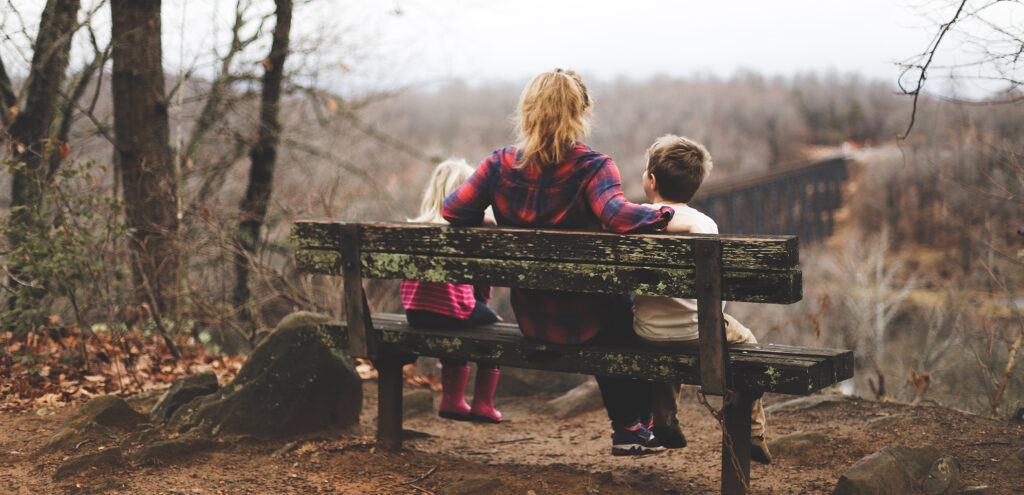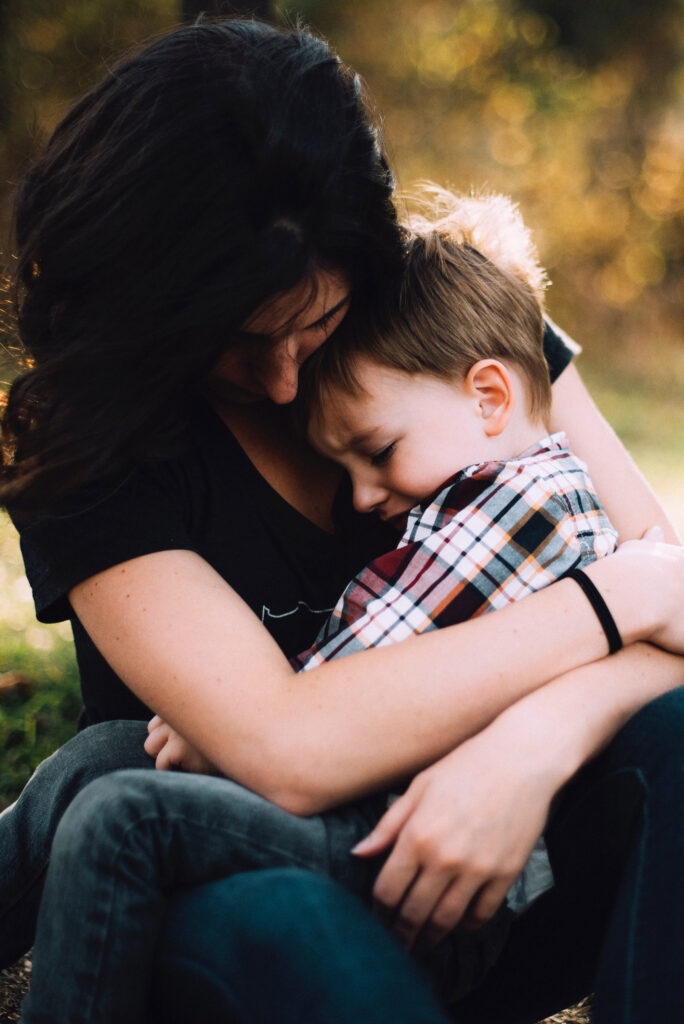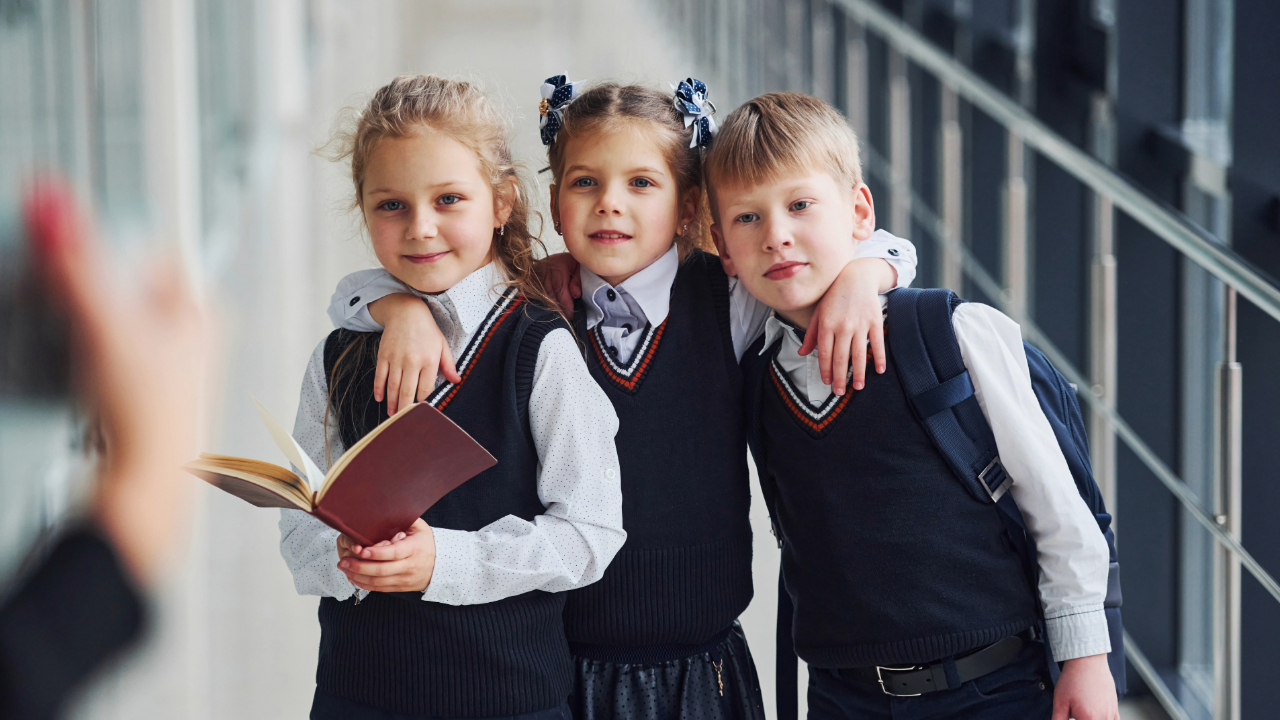
Tragic accidents and disasters, whether locally or far away, can profoundly impact children, stirring up strong emotions like sorrow, confusion, and fear. As parents, caregivers, and teachers, it is crucial to provide support and guidance to help children navigate through these difficult times. Here are some guidelines to assist in helping children cope after tragic events.
Talk About the Events
Encourage children to express their thoughts and feelings about the events. Initiate conversations, providing age-appropriate information about what happened without delving into gruesome details. Reassure them it’s okay to talk and be patient as they may need time to process and open.
Provide Opportunities for Expression
Children may find it challenging to articulate their feelings verbally. Allow them to express themselves through play or other creative activities.


Monitor Media Exposure
Limit children’s exposure to distressing media coverage, as repeated images can heighten anxiety. If older children are watching, engage with them, offering perspective and reassurance. Be aware that social media can also play a significant role and monitor their online interactions.
Engage in Honest Discussions
Address children’s questions with honest and thoughtful responses. Acknowledge that certain events are challenging to understand and may not have clear explanations. Emphasise that while tragic events are rare, they can evoke many emotions, including sadness and fear.
Look for Possible Stress Reactions
Be attentive to changes in children’s behaviour, such as difficulty sleeping, increased irritability, or changes in appetite. Encourage healthy habits like exercise, proper nutrition, and sufficient rest. Maintain consistent routines to provide a sense of security.
Recognise Safety and Security Needs
Reassure children about their safety and emphasise the presence of helpers and heroes who work to make the world a better place. Discuss family or school safety plans, fostering a sense of preparedness without inducing unnecessary fear.
Foster Hope
Highlight the positive aspects that can emerge from distressing events, such as increased kindness, appreciation for relationships, and support for those in need. Encourage children to participate in positive activities, such as volunteering or expressing gratitude.
Pay Attention to Your Reactions
Children often mirror the reactions of adults around them. Model healthy coping mechanisms and seek support from trusted adults or professionals if needed. Discuss your feelings while emphasising control and resilience.
Seek Professional Assistance if Necessary
If communication challenges persist, consider consulting with a psychologist for guidance on effective communication techniques. Professionals can provide valuable insights to help navigate challenging conversations.
Immediate Actions When Crisis Strikes
During challenging times, it is paramount to prioritise safety for both you and your children. In the face of medical needs or criminal activities, promptly seek appropriate assistance and report incidents as necessary. Maintain a composed demeanour to project a sense of calm and control, assuring the children in your care. Refrain from discussing anxieties in their presence, as children are sensitive to adult emotions. Uphold established routines to provide stability so the children have a sense of normalcy.

Conclusion:
Helping children cope after tragic events requires open communication, empathy, and a focus on emotional well-being. Parents, caregivers, and teachers can guide children toward resilience and recovery in the face of adversity by providing a supportive environment and addressing their needs.


